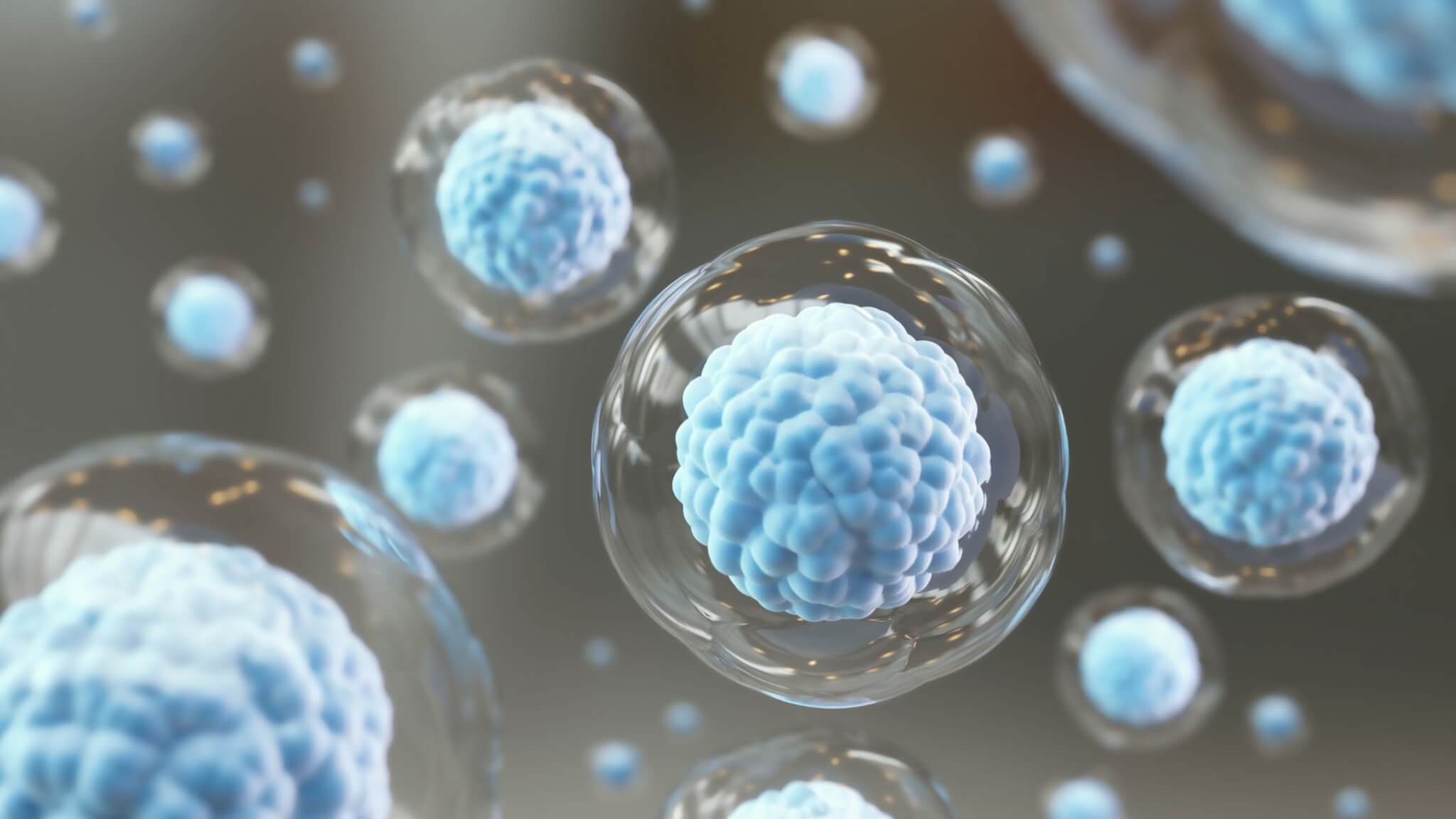
In regenerative medicine, scientists and researchers continuously explore new avenues to unlock the body’s innate healing potential. One area of immense interest is the study of mesenchymal signaling cells (MSCs). These remarkable cells possess unique characteristics that make them a promising candidate for therapeutic applications, potentially revolutionizing the treatment of various diseases and injuries. In our August blog, we will delve into the world of mesenchymal signaling cells, exploring their properties, functions, and exciting prospects in regenerative medicine.
Mesenchymal signaling cells, or mesenchymal stromal cells, are a heterogeneous population of cells derived from bone marrow and adipose tissue. What sets them apart is their capacity to signal neighboring cells, using chemical messengers, to decrease their production of mediators and to heal injuries. Thus, a restorative process occurs when injected into damaged or diseased tissue.
MSCs possess several vital properties that contribute to their therapeutic potential:
Specific uses of MSCs are well supported in the literature, such as their use in damaged bone beneath cartilage surfaces (subchondral bone) in osteoarthritis or avascular necrosis of the head of the femur. Other uses, such as for spinal cord injury, myocardial (heart muscle) damage, and chronic neurodegenerative conditions, will require years of research before widespread clinical application becomes a reality.
While the therapeutic potential of MSCs is vast, several challenges remain before widespread clinical application becomes a reality. Standardization of isolation, expansion protocols, and characterization methods are necessary to ensure consistency and reproducibility. Furthermore, ethical considerations, safety concerns, and regulatory frameworks surrounding using MSCs must be addressed.
In the future, ongoing research efforts aim to unravel the mechanisms underlying MSCs’ therapeutic effects, optimize their delivery methods, and enhance their regenerative potential. Advances in gene editing techniques, such as CRISPR-Cas9, may enable targeted modifications of MSCs, further augmenting their therapeutic capabilities.
Mesenchymal signaling cells represent a promising frontier in regenerative medicine, offering a powerful tool to treat various diseases and injuries. Their unique properties, including immunomodulation, secretome, and tissue differentiation capabilities, make them an attractive candidate for therapeutic interventions. As research progresses and challenges are overcome, the use of MSCs is likely to revolutionize the field, enabling the development of personalized and regenerative therapies that harness the body’s healing potential.
References:
1. Caplan, A. I. (2017). Mesenchymal stem cells: time to change the name! Stem Cells Translational Medicine, 6(6), 1445-1451.
2. Sipp, D., & Trounson, A. (2018). Stem cells: Beyond hype and hope. Cell Stem Cell, 22(5), 573-577.
3. Harrell, C. R., Jovicic, N., Djonov, V., Arsenijevic, N., & Volarevic, V. (2019). Mesenchymal stem cell-derived exosomes and other extracellular vesicles are new remedies in treating inflammatory diseases. Cells, 8(12), 1605.
4. Lalu, M. M., McIntyre, L., Pugliese, C., Fergusson, D., Winston, B. W., Marshall, J. C., … & Stewart, D. J. (2012). Safety of cell therapy with mesenchymal stromal cells (SafeCell): a systematic review and meta-analysis of clinical trials. PloS One, 7(10), e47559.